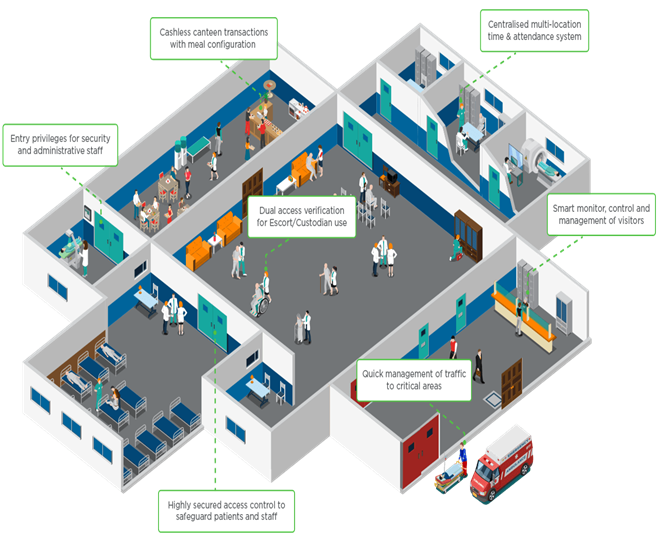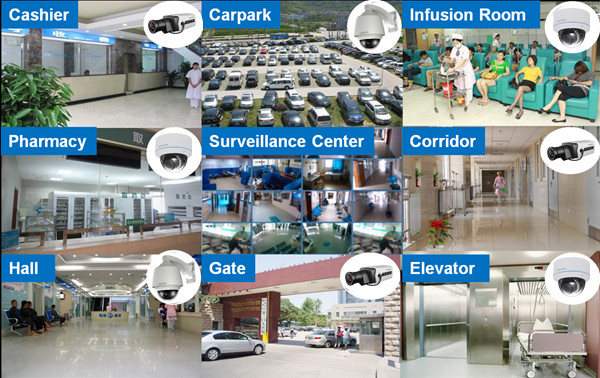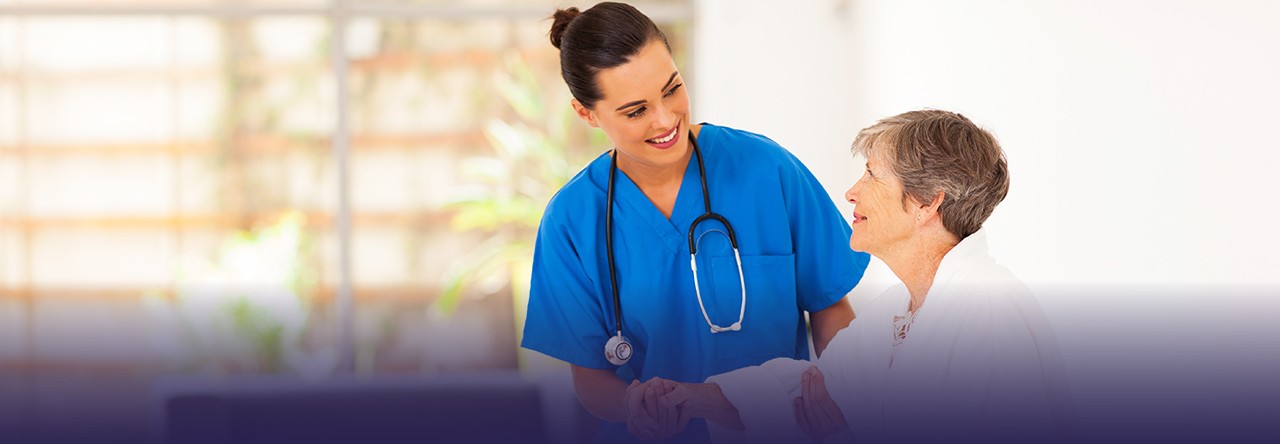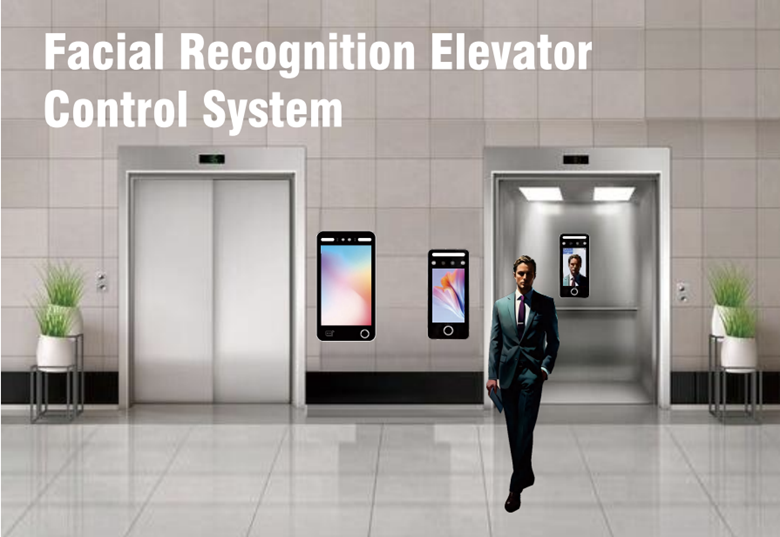Mitobi deploys electronic security solutions in healthcare are essential for protecting patients, staff, and sensitive information from threats. By implementing robust security measures, healthcare organizations can mitigate risks and ensure the confidentiality, integrity, and availability of patient data.
We install physical security such as access control systems, surveillance cameras, and alarms to protect healthcare facilities from unauthorized access and theft.
Thanks to cutting-edge AI-powered cameras, fall detection is being enhanced within care organizations worldwide, potentially saving valuable time and lives, particularly for elderly or vulnerable individuals. While falling is a natural part of the learning process as babies start to walk, it becomes increasingly serious as we age, with potentially fatal consequences for some.
We deploy attendance management system in a hospital which crucial tool for tracking and managing the attendance of hospital staff, including doctors, nurses, and support staff. This system helps ensure that the right personnel are available at the right times to provide patient care and maintain operational efficiency.

Our Nursing Home Solutions operate through a wireless receiver that receives RF radio signals at 433MHz and then relays them to a wireless caregiver pager. This configuration enables patients, residents, and staff to promptly respond to calls for assistance. The wireless nurse call button is powered by batteries, eliminating the need for extensive wiring installations in retirement homes and addressing concerns about electrical failures due to lack of expertise. This system is designed with simplicity and efficiency in mind.

Cameras are placed at main entrances and exits to monitor incoming and outgoing traffic, ensuring only authorized individuals enter the facility.
CCTV cameras in emergency departments help monitor patient flow, ensure patient safety, and deter potential incidents of violence or aggression.
Cameras in patient wards and rooms can help monitor patients’ condition, prevent unauthorized access, and enhance overall safety and security.
Cameras in public areas such as corridors, waiting rooms, and parking lots can help deter criminal activities, ensure public safety, and provide evidence in case of incidents.
CCTV cameras in critical care units help monitor patients requiring intensive care, ensuring timely intervention and enhancing patient safety.
Cameras in pharmacies and drug storage areas help prevent theft, ensure proper handling of medications, and maintain regulatory compliance.
Cameras in staff areas such as break rooms and administrative offices can help prevent unauthorized access and ensure the safety of hospital personnel.



